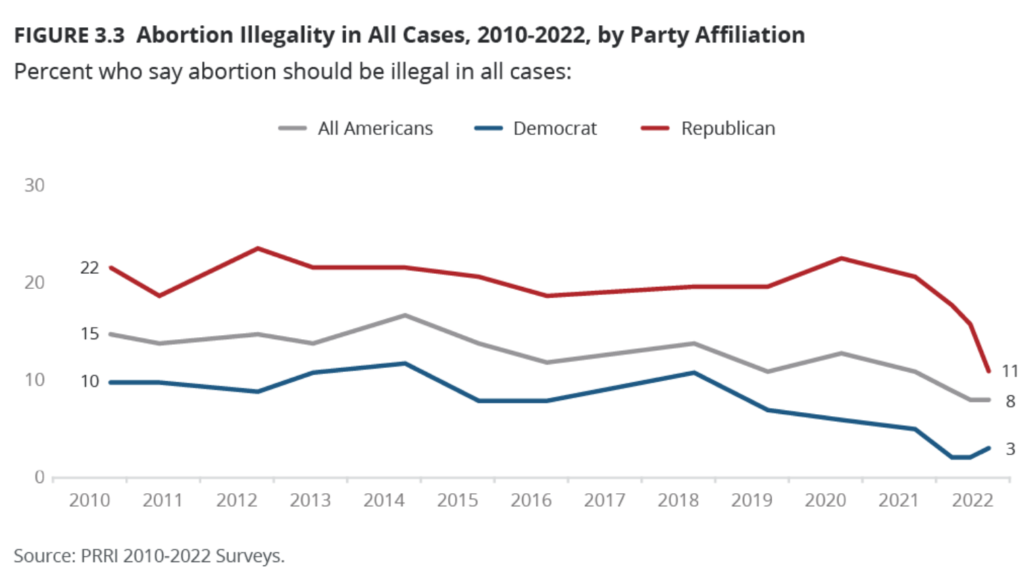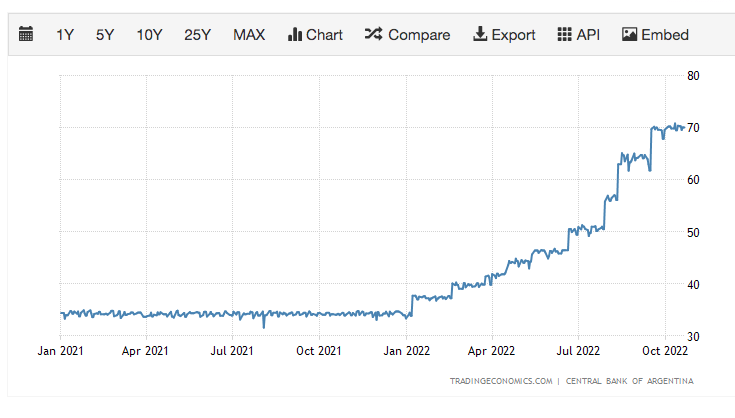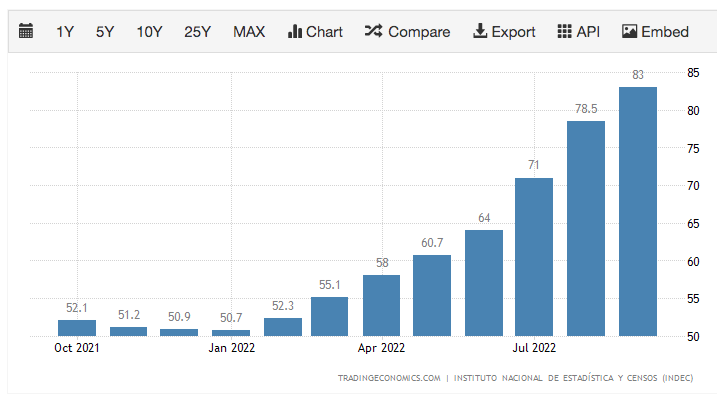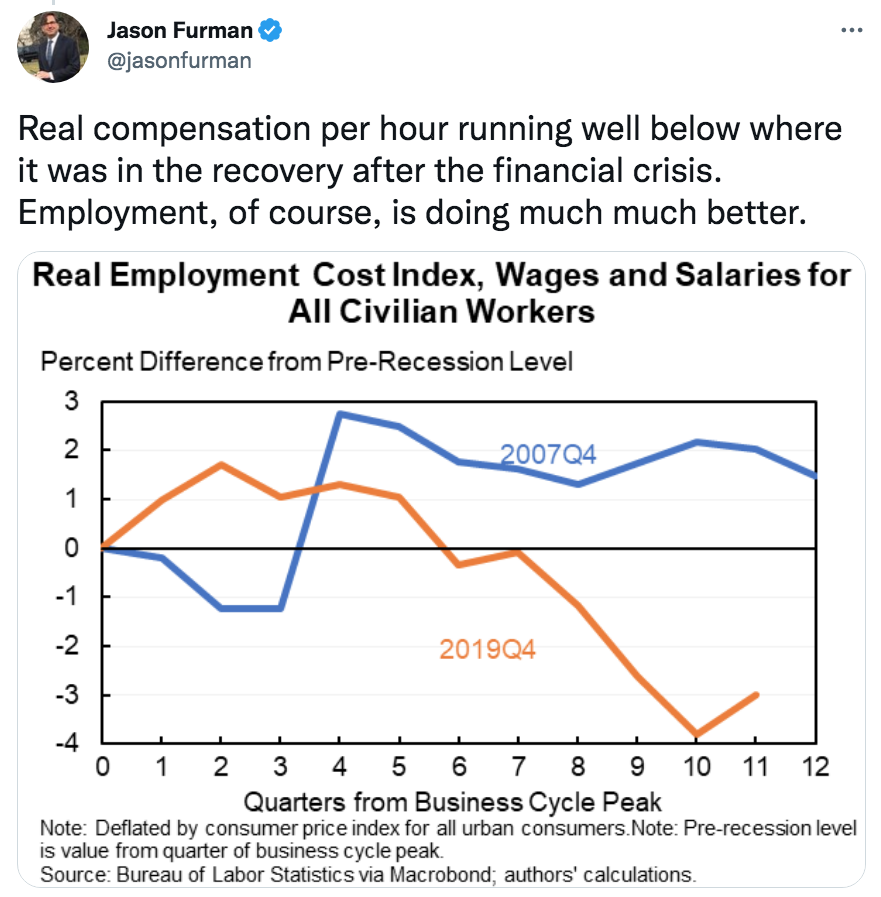When it comes to political analysis, a common mistake is to focus on leaders. I suppose this is hardwired into us, as in ancient times when people lived in small tribes it was true that leaders actually mattered a lot. Today, not so much.
Truss? Sunak? Who cares when you have a dysfunctional Conservative Party. Here’s Reason:
Truss u-turned on several tax pledges to restore market confidence, as Tory M.P.s made clear they would not tolerate any major offsetting spending cuts.
Read that again. Britain’s “conservative” party won’t even consider significant spending cuts in its bloated budget, which is much larger as a share of GDP (43%) than after Labour PM Tony Blair had led the country for three years (35%). This is what I keep telling you; there is no small government party. In the US, government spending grows just as fast under GOP presidents as under Democratic presidents.
Here’s the Financial Times:
“Brexit was based on an act of immense stupidity,” says one European leader (on the condition of anonymity). “It was sold by politicians who promised a sort of great Singapore but voted for by people who were unhappy about globalisation.” As the leader went on to spell out, this is an impossible mandate to deliver on.
I love that quote—it perfectly encapsulates everything wrong with Brexit.
OK, but how about supply side reforms? No luck there either. Conservative MPs strongly opposed Truss’s proposed deregulation to make it easier to build housing, or to allow for fracking to produce energy. And a lack of housing is far and away Britain’s primary economic problem.
You might wonder why I’m so pessimistic about Britain. Actually, in a relative sense I’m optimistic. The whole world is becoming more nationalistic, more statist, more stupid. Rishi Sunak is not ideal, but as world leaders go he’s well above average. The political situation in the US is much worse than in the UK. In China it’s far worse than in the US. And in Russia it’s far worse than in China.
Here’s the FT:
Olaf Scholz, Germany’s chancellor, has just firmly restated his belief in globalisation — in what felt like a rebuke to the US.
Belief in globalization is a rebuke to the US? Yikes.
I miss the 1990s. There’s only one endpoint for nationalism. Get ready for WWIII, regardless of whether Biden or (more likely) Trump wins in 2024.





